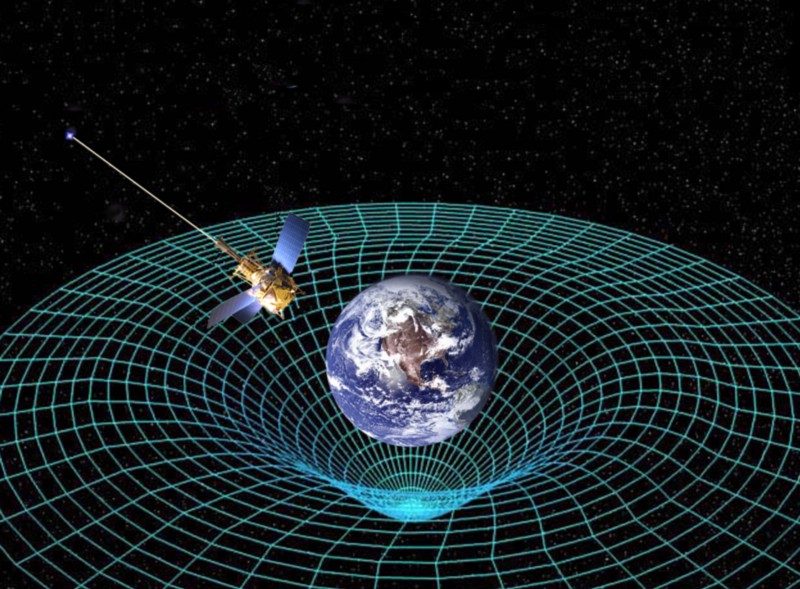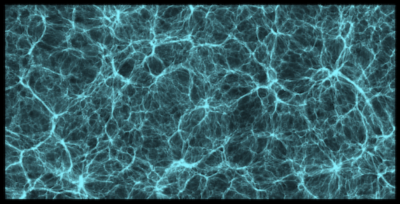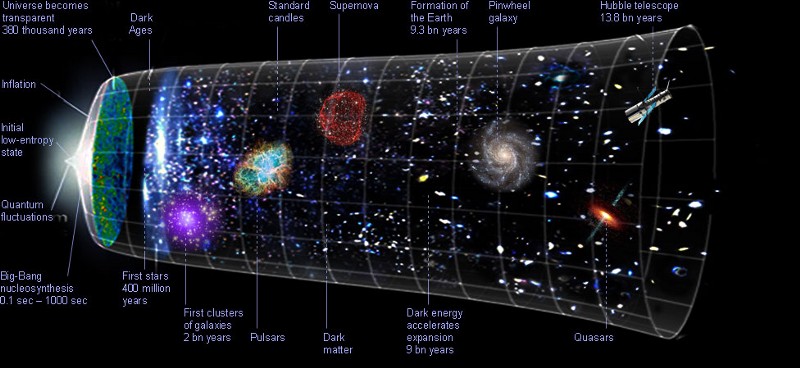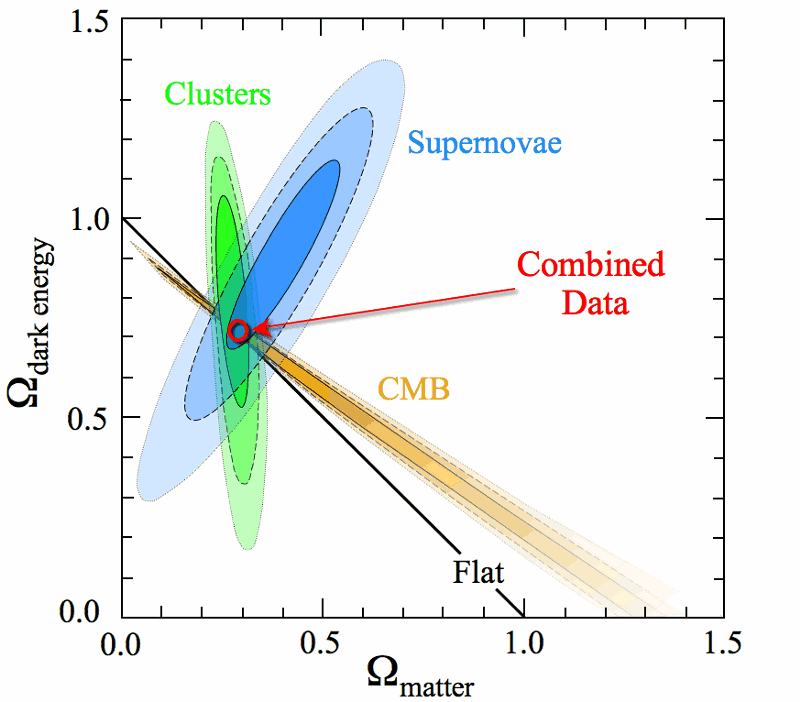Ask Ethan # 95: Can science be seriously wrong?
Revolutions are only seen in hindsight.
- Alan Greenspan
We often look for great new discoveries, but we’ve been bad at predicting them. In the 19th century, we argued about what is the source of solar energy, unaware that nuclear fusion is taking place in it. In the 20th, we argued about the fate of the universe, without thinking that it would expand with acceleration toward oblivion.
You send questions and suggestions to my column, and this week the selected question was asked by Chris Shaw, who wants to know:
Could it be that our knowledge of the Universe will turn out to be wrong, that we will find another explanation for the CMB radiation, or something may happen that will change our ideas about redshift or Doppler effect, and it turns out that we are in a static The universe?
This is one of the main existential questions: to what extent are we confident in the tower of science built by ourselves?

The answer, oddly enough: quite sure, until a serious result emerges that conflicts with it. If neutrinos moving faster than light, which we talked about a few years ago, were confirmed, we would have to change all our ideas about relativity and speed limits. If EMDrive, or other engines that violate the laws of physics, prove to be true, we will need to change our ideas about classical mechanics and the law of conservation of momentum.
')
And although these results were not serious enough [article from 2015, when NASA has not yet made its confirmation about EMDrive - approx. transl.] - someday we may well meet another. And this is good! And we hope that we know exactly how we will deal with it.
Let me explain to you what defines science and how it works.

Science is:
- A set of knowledge that includes everything we learned about the Universe from observations, measurements, and experiments.
- The process of constant exposure to questioning our assumptions, trying to find a gap in our understanding, finding logical errors and inconsistencies and checking the limitations of our knowledge in new ways.
Everything that we see, hear, everything that fix our tools, can become, with a correct record of what is happening, scientific data. When we try to build a picture of the universe, we use all the scientific data available to us. In order to properly engage in science, we do not select only those results in pieces that correspond to our preferences. We need to deal with all of them.
So, for the correct scientific process, we need to collect data, construct a consistent platform from these pieces, and then constantly subject it to checks. This means to increase accuracy, increase energy, lower temperatures, reduce distances, increase sample sizes. Go beyond the limits of the theory. To invent new methods of observation and experiments.

At some point, there will inevitably be some inconsistency. There is something that does not meet expectations. You will get a result contrary to the old existing theory. And when this happens - if you can confirm the contradiction, if it stands the test, and shows itself as something real - you will come to something amazing: the scientific revolution!
It is not enough to say "Junk is not right!". We need to go further and do everything right. A revolutionary scientific theory must do three things:
- Reproduce all the successes of the previous one.
- Explain new results that contradict the old.
- Make new, verifiable predictions that have not previously been verified, and which can either be tested and justified, or rejected.
It is not so easy! Therefore, the heliocentric had to make predictions of the movements of the planets, not to forget the contradictory results (the movement of comets), and make new predictions of elliptical orbits. Therefore, the General Theory of Relativity had to explain the whole Newtonian gravity, the precession of the perihelion of Mercury and the movement at a speed close to the light one, and make new predictions about the deflection of light by gravity (and others).
And therefore, the Big Bang had to correspond to GR, explain the Hubble expansion of the Universe, the ratio of redshift to distance, and make new predictions about:
• The existence and spectrum of the background radiation,
• Excess nucleosynthesis of light elements,
• Formation of large-scale structures and grouping properties of gravity.



And now, to your main question: can all this be wrong? Of course, it can! This would require the only observation of any phenomenon that contradicts the predictions of the Big Bang theory (in the context of GR).
But what is important: it does not mean that the Big Bang theory will be wrong all around, just as the fact that GTR did not make the whole Newtonian gravity wrong. The theory will still correctly describe the Universe, which began in a hot, dense and expanding state; it will still correctly describe the observable Universe with an age of billions of years (but not infinite); it will correctly tell us about the first stars and galaxies, the first neutral atoms and stable atomic nuclei.

Whatever it replaces, whatever replaces our best theories, it must include all their successes. The static universe cannot do this now. The same applies to the theory of the electric Universe, plasma cosmology, tired light, discretization of the redshift of quasars, topological defects and cosmic strings.
Perhaps sometime for one of these alternatives, theoretical breakthroughs will occur, and it will grow into something corresponding to the whole set of observations, or a new alternative will appear. But not today - but for now the inflationary Universe of the Big Bang, with radiation, normal matter, dark matter and dark energy, explains the whole set of everything we see, and other theories are not capable of it.

But it is important to know that we did not come to this state, concentrating on one dubious and unreliable result. We had dozens of parallel evidence leading to the same conclusion. Even if it turned out that we do not understand supernovae, we would need dark energy. If we were wrong in the rotation of galaxies, we would need dark matter. If we dropped the relic radiation, we would need a big bang. Details may be different, and I hope that I will live enough to see new theories that replace current ones. But what we know today will not be wrong, it is just incomplete, and should be replaced by something more complete.
Source: https://habr.com/ru/post/397843/
All Articles